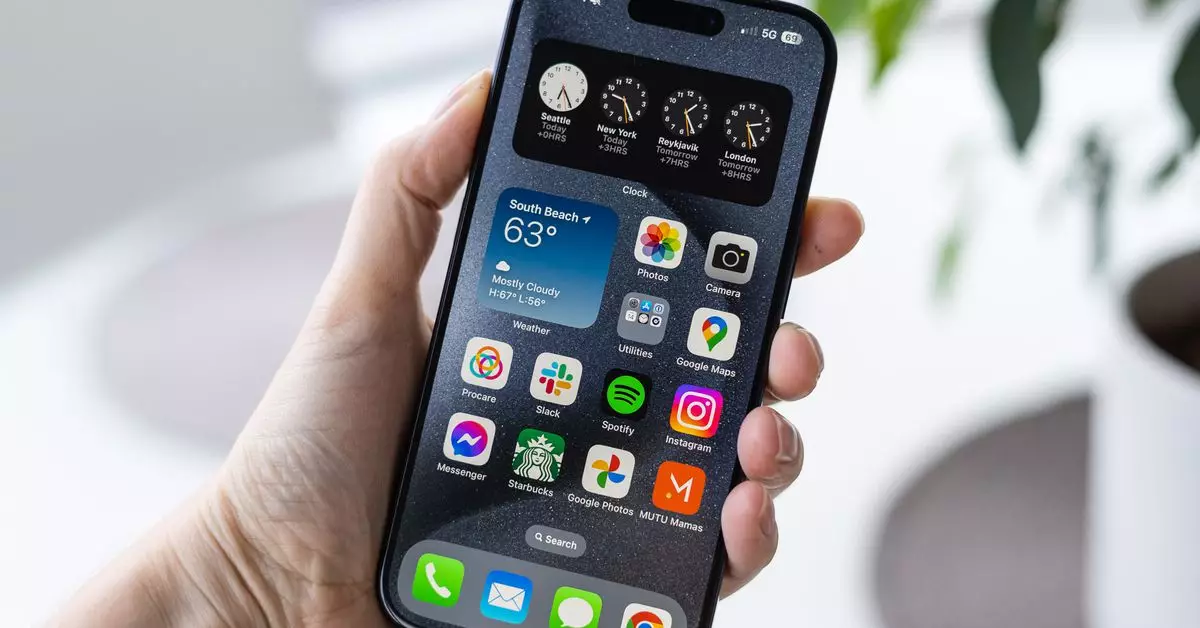Apple’s recent announcement regarding the upcoming changes in default app options for iPhone and iPad users in the European Union has sparked excitement and anticipation among consumers. These new options are set to revolutionize the way users interact with their devices and personalize their user experience.
One of the key highlights of this announcement is the introduction of a new “Default Apps” section in Settings, where users will have the freedom to choose default apps for phone calls, messaging, keyboards, password managers, and more. This level of customization will allow users to tailor their devices to suit their individual preferences and needs.
In addition to selecting default apps, iPhone users in the EU will now have the ability to delete pre-installed apps such as the App Store, Messages, Camera, Photos, and Safari. This move towards increased flexibility and user control is a significant step forward for Apple, as it gives consumers more autonomy over their devices.
Apple is also making changes to the browser choice screen that appears when users first open Safari on their devices. This update will enable users to install alternate browsers like Firefox, Chrome, or DuckDuckGo more easily. By requiring users to scroll through the entire list of default browsers before making a selection, Apple is aiming to provide a more transparent and user-friendly experience.
Developers of the browsers listed on the choice screen will receive access to more data about the performance of the screen. This enhanced transparency will enable developers to optimize their products and better understand user behavior. Furthermore, Apple’s decision to open up the iPhone to third-party app marketplaces, such as the Epic Games Store, signals a shift towards a more open and competitive app ecosystem.
Overall, Apple’s new default app options for EU users represent a significant step towards greater customization, user control, and transparency. By empowering users to choose their default apps and delete pre-installed ones, Apple is demonstrating a commitment to putting consumers first. These changes are not only a win for users but also for developers, who will benefit from increased data access and a more level playing field in the app marketplace. As we look ahead to the implementation of these new features, it’s clear that Apple is paving the way for a more user-centric and developer-friendly future.

